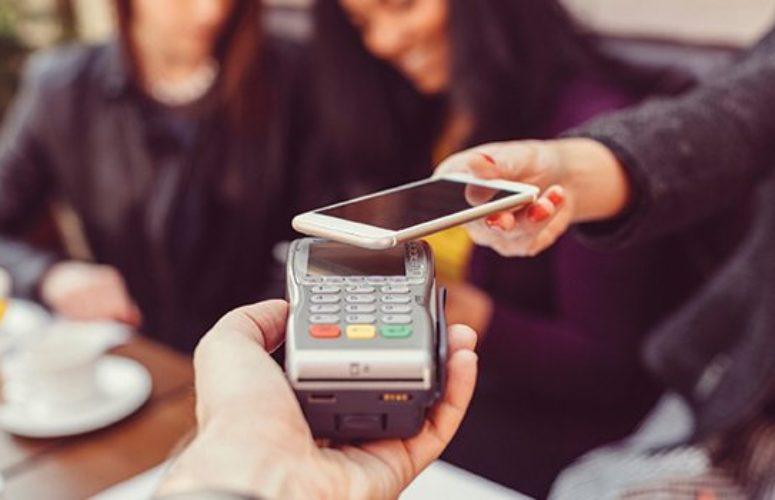What Does “Merchant Account” Mean?
Most business owners know how important it is to take payments and process transactions for their digital stores. If you want to be successful online, then you need more than a good idea; you need a way to earn reliable income. Almost all of your customers will have a bank account and a debit card, or a credit card to shop online. As a supplier of products or services, it is up to you to ensure that you have the right payment gateway or payment processing option to meet the needs of your customers.
Unfortunately, many business leaders do not realize that accepting payments is not something they can do on their own. You will need a strategy to get started, which often means building a relationship with a merchant service provider. Building your relationship with a merchant service provider means creating a high risk credit card processing merchant account. It is essentially an account where you transfer funds from the credit and debit cards with which your customers pay, to your business. You don’t actually have direct access to this account. Instead, the merchant account service provider will transfer your funds to your corporate bank account. It is like having an intermediary in your business that takes care of your finances.
An account that is issued by acquiring banks that allow businesses to accept debit and credit cards. The ipaytotal or the merchant will receive the sales proceeds in his merchant account. These sales can be both on-site and online and the purchase will have been made by credit card or electronic commerce. When you are negotiating both in store and online, it is essential to accept as many payment methods as possible. By opening a merchant account, you will be able to receive global payments from anywhere in the world through simple customer credit card payments.
Most merchants find the merchant account to be a key aspect of their business, and this is especially true for e-commerce. Brick and mortar companies could choose not to get a merchant account and work only in cash, using a basic deposit account at any bank. Online ecommerce sites do not have this choice, as electronic payments are their only option to accept payments. A merchant must create a merchant account with an acquiring bank before being able to accept electronic payments of any kind, including credit and debit cards. These merchant acquiring banks play a key role in the electronic payment process and without them it would be impossible to process and settle electronic transactions effectively.
When establishing a merchant account, the acquiring bank will require a detailed merchant account agreement that will detail each detail of the relationship between the bank and the merchant, including all transaction fees and costs charged by the bank. There may also be basic charges for certain services payable monthly or annually.
How Do Merchant Accounts Work?
The term “merchant services” can be applied to a wide range of payment processing solutions, including working with a merchant account provider. In contrast, “merchant accounts” specifically refer to the accounts used to access customer payments. Without a merchant account, you will have to wait a while to receive your money after a customer has paid for your goods or services by credit card. This is because there is a gap between when a customer purchases something on a credit card and when he pays his credit card bill. Fortunately, if you have a merchant account, the account gives your business the money, minus the fees, from a card transaction.

